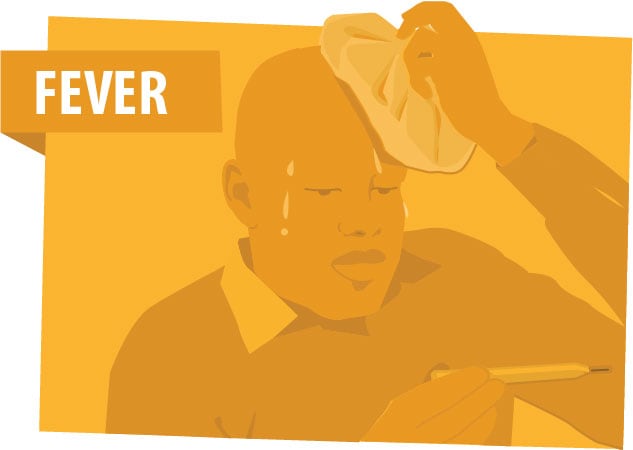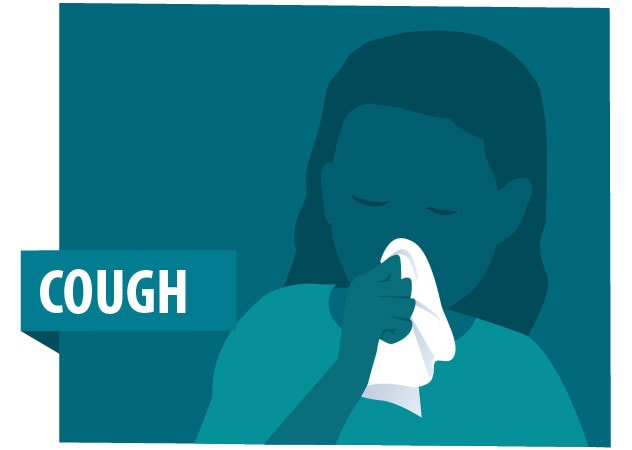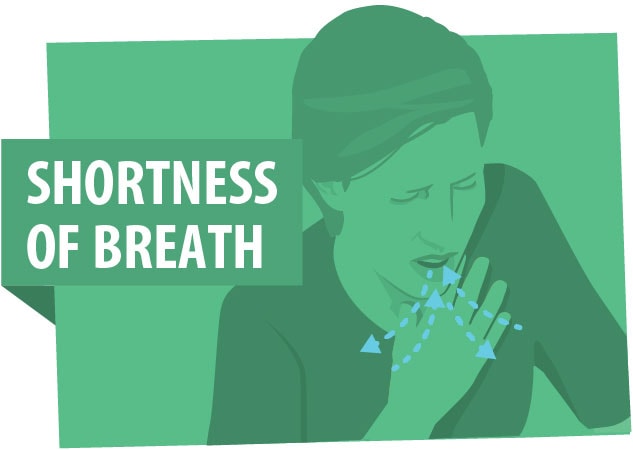Corona Virus Information for Students, Faculty, and Staff: About the Virus
Learn More about the Coronavirus
Use this page to learn more about the Coronavirus. Here, we'll cover basic medical information and epidemiology.
What is it?
- CoronavirusFrom WebMD. Here, you will find explanations about coronaviruses in general, and COVID-19 specifically.
- Who's at Risk?From the CDC.
- Key Terms to UnderstandFrom Harvard Medical School
- Advice for International TravelersFrom the CDC.
- When (and How) to Wear a MaskFrom the World Health Organization.
How Does it Spread?
How COVID-19 Spreads
(from the CDC website, updated 1/7/2021)
Person-to-person spread
The virus is thought to spread mainly from person-to-person.
Between people who are in close contact with one another (within about 6 feet).
Through respiratory droplets produced when an infected person coughs or sneezes.
These droplets can land in the mouths or noses of people who are nearby or possibly be inhaled into the lungs.
Can someone spread the virus without being sick?
People who are infected but do not show symptoms can also spread the virus to others.
Spread from contact with contaminated surfaces or objects
It may be possible that a person can get COVID-19 by touching a surface or object that has the virus on it and then touching their own mouth, nose, or possibly their eyes, but this is not thought to be the main way the virus spreads.
How easily the virus spreads
How easily a virus spreads from person to person can vary. The virus that causes COVID-19 appears to spread more efficiently than influenza but not as efficiently as measles, which is among the most contagious viruses known to affect people.
Viruses constantly change through mutation, and new variants of a virus are expected to occur over time. Recently, several variants of Covid-19 have been identified that appear to spread more quickly and easily than others. Current evidence does not suggest that these variants cause more severe illness.
- Here's everything you need to know about social distancingFrom CNN, a really good explanation of how to practice social distancing. Dos and don't for most situations.
- Corona Virus Resource CenterFrom Johns Hopkins University.
- Map: Tracking The Spread Of The Coronavirus In The U.S.From National Public Radio.
- More Maps and StatsFrom the New York Times.
- More Graphics, from the BBCA more international perspective on the Coronavirus.
More Reading
- LitCovidFrom the National Institutes of Health, a bibliography of the latest published research on the Coronavirus. Not all of these articles are available as open-access resources. If you would like to obtain access to an article that is behind a paywall, please e-mail the citation to the library, and ask for an interlibrary loan.
- New England Journal of MedicineAll research on the Coronavirus published in the NEJM is available for free at this time.
- COVID-19 Information PortalA free resource from Ebsco.
What are the Symptoms?
 |
 |
 |
- If I get infected, when do symptoms appear?From the State of NJ.
What to Do If You are Sick
Call your doctor: If you think you have been exposed to COVID-19 and develop a fever and symptoms, such as cough or difficulty breathing, call your healthcare provider for medical advice.
- What next? What if someone at home is sick?Advice from the CDC.
- Preparing for Isolation/QuarantineFrom Harvard Medical School.
- Advice for CaregiversFrom Harvard Medical School
- How Long Does It Last?From Prevention Magazine, based on information from Johns Hopkins.
Is That Really True?
In times of trouble and uncertainty, rumors can spread like viruses, and can add to the dangers of a situation. There are always people who spread information irresponsibly, or those who seek to profit from the misfortunes of others. Protect yourself by paying attention to where you get your information. Here are some sites where you can check on urban myths relating to the coronavirus.
- Coronavirus Rumor ControlRumor-busting from FEMA.
Credits
This guide was developed by Leslie Murtha, Atlantic Cape Community College Libraries.
Published 2020.last updated 6/21/2021.

